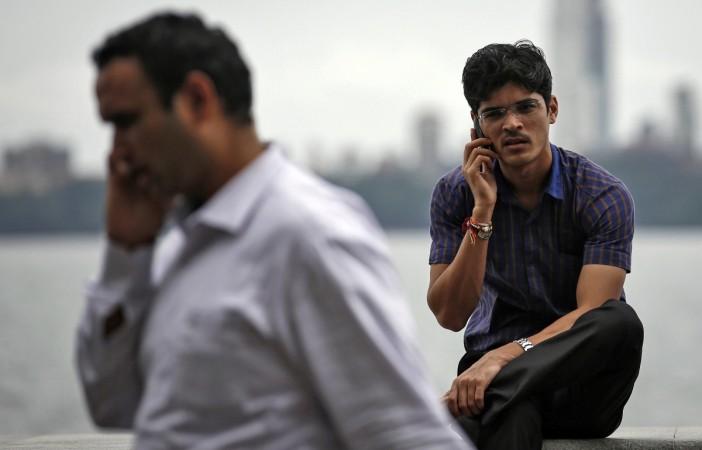
The Telecom Regulatory Authority of India (TRAI) is planning on cutting the fee telecom service providers (TSP) levy on each other for connecting calls. The call charges will drop if the plan goes through.
Currently the 'interconnect usage charges' (IUC) stands at 14 paise per minute, but the new tariff will be "comfortably under 10 paise per minute," the Times of India quoted a source as saying.
IUC has been a hot potato ever since India's richest man Mukesh Ambani's Reliance Jio disrupted the telco scene with dirt cheap plans. Jio, which bears a massive bill over IUC, is pushing for a rate cut. Jio has termed IUC as an "artificial barrier created by incumbent operators with legacy technologies," TOI reported.
However, incumbent players like Airtel, Vodafone and Idea pocket thousands of crores of rupees from ICU and are rooting for a hike. Airtel, the country's biggest telecom company, collected Rs 10,279 crore last year on ICU charges. The telco wants the rate to be over 30 paise per minute to offset the "actual cost".
In a recent letter to Trai chairman R S Sharma, Bharti Enterprises chairman Sunil Mittal said, "The current IUC regime... is already well below cost," and asked the regulator to set the rate at "costs discovered through a fair and transparent mechanism,"
Jio, however, has been asking for a 'bill and keep' (BAK) method where companies charge their customers, not each other. Jio's voice calls happen over 4G internet (VoLTE) and claimed IUC has no relevance as the whole industry is shifting towards IP-based (internet protocol) models.
Airtel will have a national VoLTE presence by the end of this fiscal while Idea Cellular is also on the same path.
Trai had released a consultation paper on 'Review of Interconnection Usage Charges' on August 5 last year. Trai's recommendations are due for next month. Trai has noted in its paper: "In IP-based networks, traditionally, there has been no custom of levying termination charges for the traffic arriving in a particular network."













